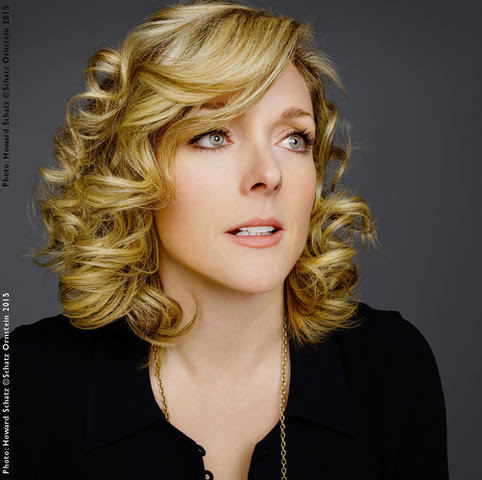On Seeing: A Journal – #245

I had the happy chance to work with the accomplished actress Jane Krakowski.
An interview was done and a formal portrait made. Then we played a bit with characters.
Krakowski is best known for the roles of Cousin Vicki in National Lampoon’s Vacation, and Jenna Maroney in the NBC comedy series 30 Rock, for which she received four primetime Emmy Award nominations for Outstanding Supporting Actress in a Comedy Series.
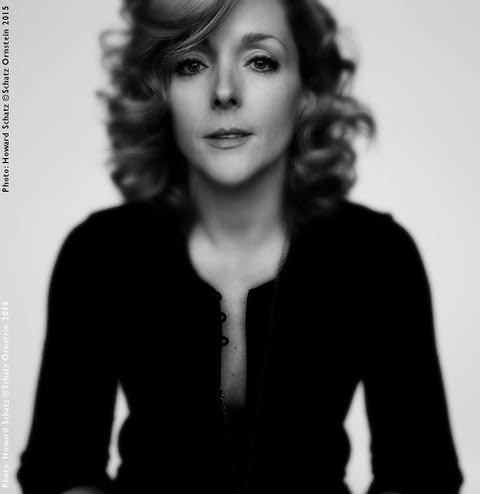
Krakowski also regularly performs on stage. She won a Tony Award for her performance in the Broadway revival of Nine, as well as receiving Tony nominations for Grand Hotel and She Loves Me, and a Laurence Olivier Award for her performance as Miss Adelaide in London’s West End revival of Guys and Dolls. In the Netflix series The Unbreakable Kimmy Schmidt, Jane Krakowski plays an out-of-touch New York socialite.
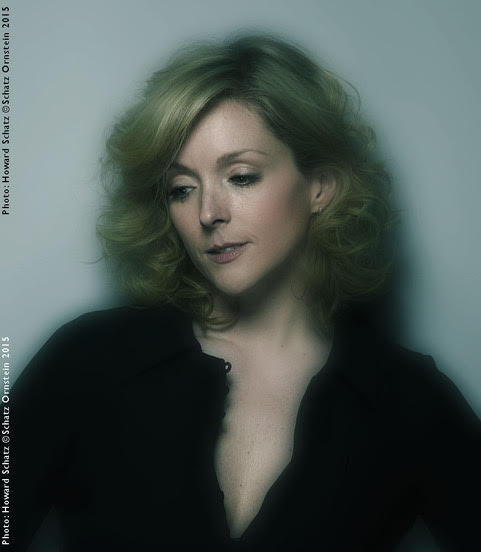
The interview with Jane Krakowski
“I think theater is the most satisfying for an actor because it’s the most immediate and you’re the one that represents everyone else’s work in the sense that no one is editing it or tweaking it. You always think that you’re picking the choices that seem to be right for the character, and then I’ll go see someone else play the part and it’ll be totally different. It was very tough for me to get used to being in revivals because you have everyone who’s played the part prior to you as a barometer. I would watch everyone else’s performances or learn music from the recordings. In the beginning, it’s so helpful and then there comes a day where it becomes yours, and you can’t listen to them anymore because their choices become strange to you because they’re not your choices. It’s a very interesting process to try to make something your own and fresh when it’s been done 10 times already.

”When you’re doing theater, you have the rehearsal process which gives you so much more time to explore each and every choice for the character and live deeply within each sentence that the character has. Because you are repeating it so many times, it becomes so layered and so rich, and it’s never the same twice. You are never just doing what you did yesterday. Because there are a thousand different people in the audience, the whole rhythm of the show goes differently than it did for the people that were there the night before. Tommy Tune once said, ‘Each night has its own magic because those 1200 people will never all be together experiencing one thing again in life.’
”And I find that, if you ever need motivation, that’s a pretty big, awesome motivation to create something. A play is a living organism that changes from second to second. No line reading is exactly the same. You go back stage to see actors in plays, and they say, ‘God, I sucked tonight. I was so off my game.’ You could go back the next day, and they’re like, ‘Wasn’t I amazing? I was really on.’ And the difference, probably, to the audience, it’s not that much, but to an actor it feels like night and day.”
Here are some of the “improv” pictures I did that day, with my directions:
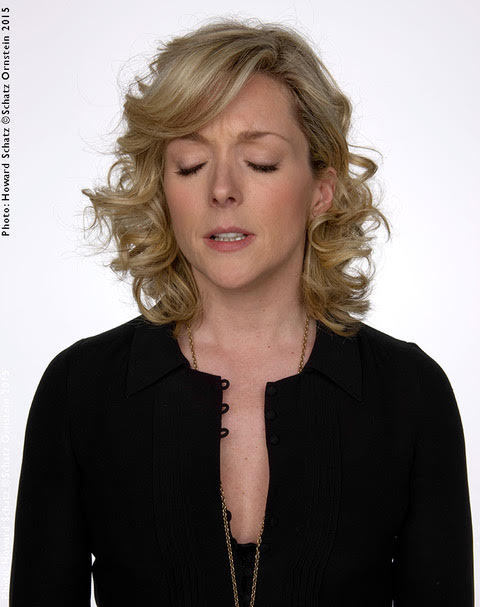
Humiliation: You have the lead in the school play and freeze in horror as you can’t remember a line, or any of the lines after that. Later your parents tell you how great you were.
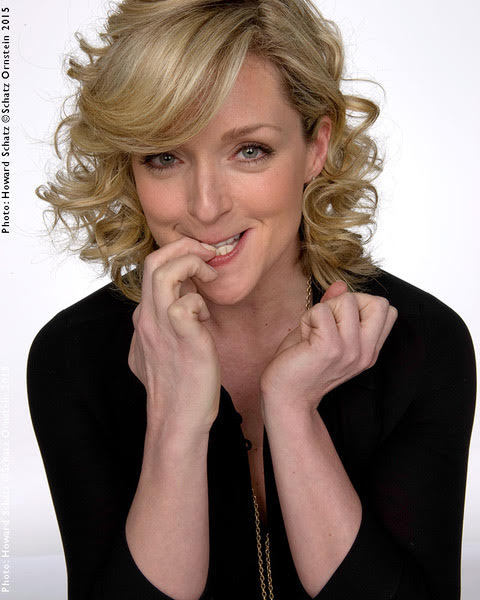
Schadenfreude: You’re a Miss America contestant, just offstage, delighting in hearing your main competitor massacre a Puccini aria.

Mischief: You’re teasing your boyfriend who is helplessly watching from his
hospital bed where he is recovering from surgery for a ruptured Achilles tendon.
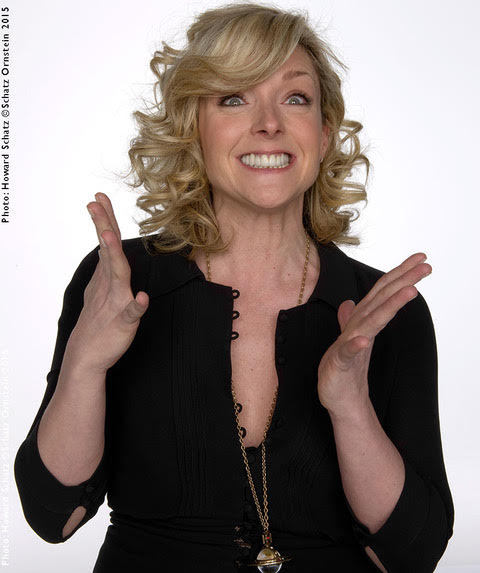
Pride: You’re watching your son, whose sequined outfit you sewed, accomplish a perfect “quad” in the finals of the National Skating Championship.

Desperation: Your triplets are fed and freshly diapered, but suddenly they are now screaming in unison.
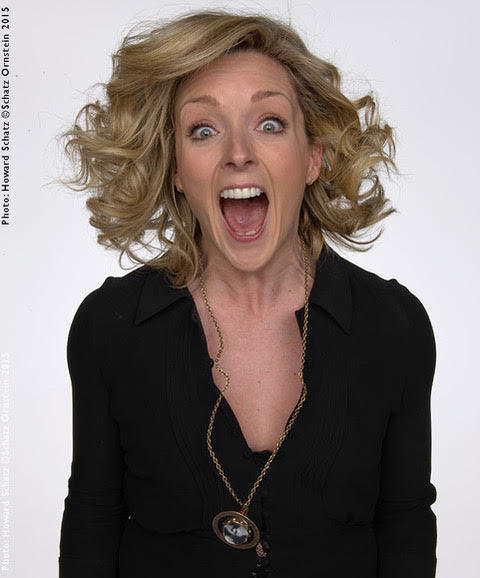
Elation: You’re a high school sophomore, and the “gorgeous” senior quarterback has just called asking you to the prom.
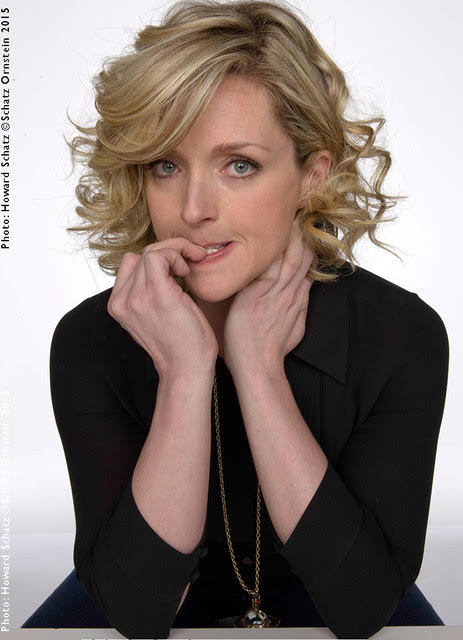
Horror: You’re an assistant press secretary during an impromptu Q&A session between the president and the press, watching your boss go wildly “off message.”
